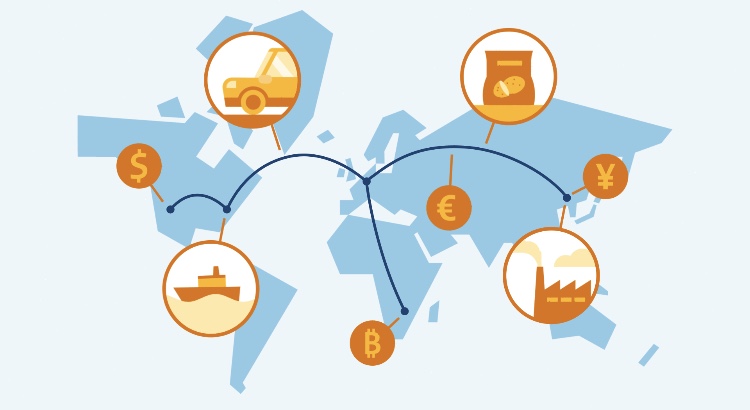National risks
National Risk Assessment
For the Netherlands the threat of money laundering is relatively high. The Netherlands is vulnerable to money laundering because of the open, trade-oriented economy, the huge and internationally oriented financial sector and the volume of criminal proceeds from fraud (including tax fraud) and illegal drugs. These are the conclusions reached by the FATF in 2011 in its Mutual Evaluation Report.[1] This requires an approach taking into account the large amounts of money flowing through the country. However, the Netherlands also has characteristics that make it less vulnerable to money laundering in comparison to other countries. For example, the extent of organised crime in the Netherlands is relatively small and there are very few black markets for smuggled goods.

Dutch policy to prevent and combat money laundering is based on the recommendations of the Financial Action Task Force (FATF) and EU directives and regulations. According to the fourth EU anti-money laundering Directive EU member states are obliged to implement a risk-based policy against money laundering and terrorist financing and to establish a National Risk Assessment (NRA). The first NRA was carried out in 2017. The goal was to identify the ten most significant risks relating to money laundering in terms of their potential impact and to assess the ‘resilience’ of the policy instruments designed to prevent and combat money laundering. Resilience entails the functioning of policy instruments (including legislation), whereby the following is applicable: the greater the resilience, the more the risks are combatted.
The ten most significant risks of money laundering:
- Money laundering via financial institutions (especially banks)
- Money laundering via payment-service providers
- Money laundering via trust offices
- Money laundering via offshore firms
- Money laundering to conceal the actual value
- Trade-based money laundering
- Money laundering via fiscal driven/complex corporate structures
- Money laundering via virtual currencies
- Money laundering via the relocation of cash funds to/from the Netherlands (via underground banking or otherwise)
- Money laundering via national and international investment structures for value transfer
National risk assessment (NRA) for the Netherlands
